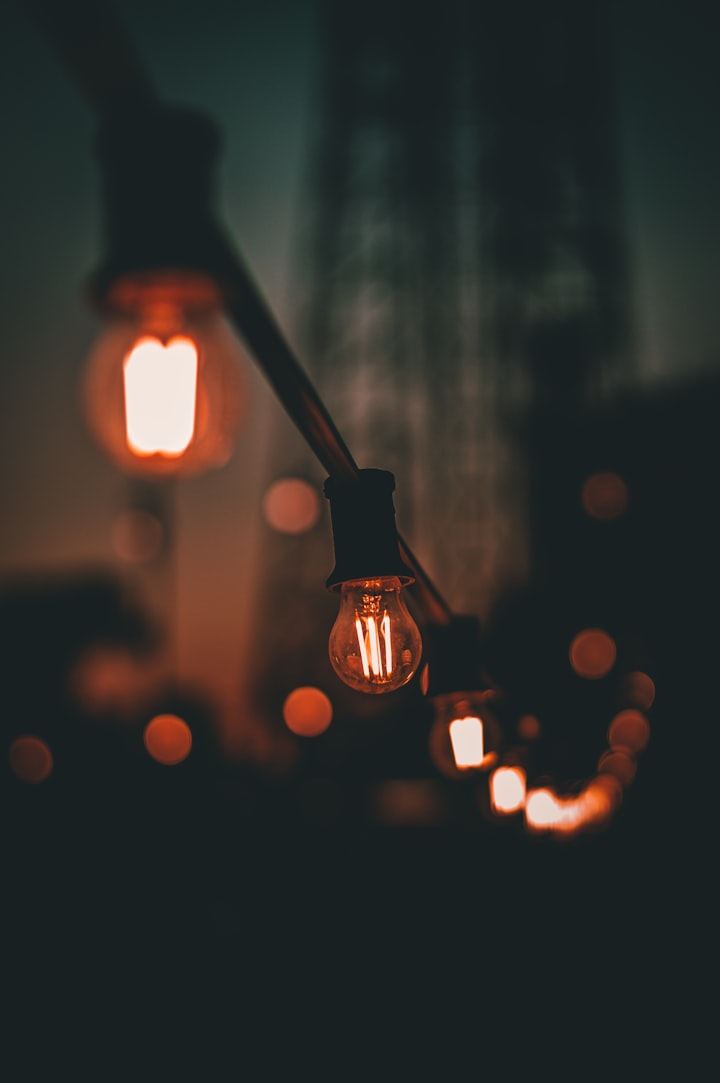
Try to sleep at constant times and wake up. Your circadian rhythm works like an endless loop that aligns with sunrise and sunset. Observing sleep-wake times can improve long-term sleep quality (42).
One study found that participants with irregular sleep patterns (e.g. Going to bed earlier at weekends) reported poorer sleep (43). Other studies have shown that irregular sleep patterns can affect your circadian rhythm and melatonin levels, signaling your brain to sleep deeper (43, 44, 45).
A misdirected body clock or a misdirected sleep plan per se are considered sleep disorders. Most adults need seven to eight hours of sleep a night to feel rested and energised during the day. Many people struggle with sleep, and this is a problem because sleep plays a vital role in your health, energy levels and ability to function at the best possible level.
Irregular sleep patterns can cause you to feel out of place and not have the regular sleep plan you need. Sitezing nights have become the norm for you, the first step to a better sleep is to monitor your sleep patterns. A few changes in your daily routine can help you go to bed and wake up at the same time every day.
If you are struggling with sleep, try to get used to waking up at a similar time and going to bed. In this way, your body gets used to the new bedtime and helps you to fall asleep earlier at night and wake up earlier in the morning. If life is disruptive, try not to sleep on weekends and Sundays for more than an hour or two so you can stay on track.
If you wake up late in the night and cannot sleep for 20 minutes, do a quiet, relaxing activity such as reading or listening to music. First thing in the morning, turn off the lights in the office so that the sun rises earlier in the day.
A regular sleep plan helps to ensure better quality and consistent sleep. Going to bed at the same time every day and waking up sets the body's internal clock and expects to sleep at a certain time every night. If you sleep too long or have a late day, it can upset your sleep schedule and make it harder for you to fall asleep when you want.
Poor sleeping habits can contribute to insomnia and other sleep problems. You may find it hard to fall asleep in the middle of the night or when you go to bed. They can have sleep disturbances for weeks or even months, which can lead to health problems.
Try to get your mind out of sleep for at least a few minutes before you go back to bed. Avoid anything that means you have to spend at least 20 minutes in bed before you can fall asleep, such as being alone in bed or relaxing in low light.
Stick to a strict and consistent sleep plan : go to bed every morning and wake up at the same time, even at weekends. Taking care of the time you sleep as recommended before going to bed is important (the CDC says that adults require between 7 and 9 hours of sleep).
As already mentioned, this presupposes that you do not sleep in an uncomfortable bed and spend the night twisting and turning. Try the following tips to sleep better in the night, strengthen your health and improve your thinking and feeling during the day by experimenting with them.
Getting into tune with the body's natural sleep-wake cycle (circadian rhythm) is one of the most important strategies for sleep well. If you stick to a regular sleep-wake plan, you will feel refreshed and energized, even if you sleep the same amount of hours at different times or if you change your sleep plan by one or two hours.
This helps to adjust the internal clock of your body to optimize the quality of your sleep. Your inner clock This is called a circadian rhythm and tells your body when to sleep and when to wake up.
If you have a broken sleep pattern, there are a few strategies to get you back on track. Before we get into how to solve the problem, it's helpful to know what your sleep routine is, what it does, how it works, and whether any of the strategies make sense.
To a certain extent, genetics influences sleep habits and behavior, but the environment also plays a role. Our body clocks which control our sleep schedule are sensitive to light, and things like the sun exposure we are exposed to during the day and the type of light to which we are exposed at night can affect our sleep plans. Timing is normal, but there are biological variations, and some people tend to sleep-wake earlier and others to sleep-wake later.
If you want stronger mental associations with your bed and sleep, try to keep activities away from the bed that restrict sleep, such as sex. Avoid alcohol at bedtime Alcohol reduces night-time melatonin production, which can lead to disturbed sleep patterns. Alcohol affects the brain in a way that affects sleep quality, and for this reason it is best to avoid it before bed.
Optimize your bedroom environment Many people believe that the bedroom environment and its decor are the key factors for good sleep. These include temperature, noise, outdoor lighting and furniture arrangement (77). To create an environment conducive to restful sleep, sign up and use the Headspace app.
If your bed feels dreamy and your room is a mess, you may have a higher risk of sleeping problems. A study presented at the Sleep Conference in Seattle in June 2015 suggests that those who are surrounded by clutter are more likely to have sleep disorders. Another study found that the light intensity that is received at night has a correlation that shows better night sleep compared to the light received during the day.
According to Consumer Reports, people taking the popular Ambien Sleeping Pill fall asleep 10 to 20 minutes faster than placebo patients and get up to an hour more sleep than if they hadn't taken the pill in the first place. A study on the dangers of sleeping pills has found that people who take prescription sleeping pills are more likely to develop and die from cancer than people who don't take them.






Comments
There are no comments for this story
Be the first to respond and start the conversation.